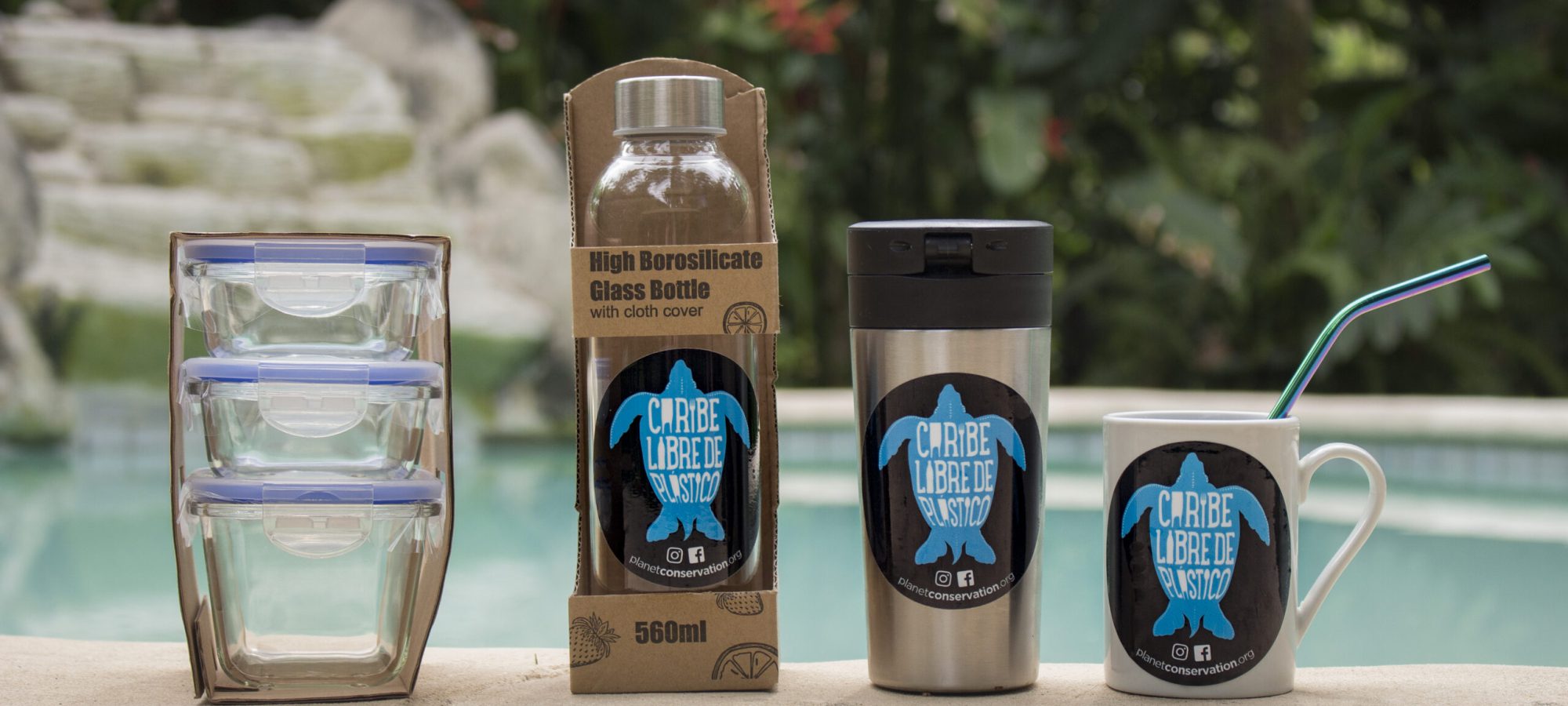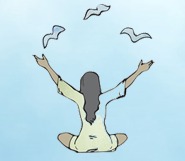PLASTIC FREE PLANET
A project where you contribute to beach cleanups, recycling initiatives, environmental education, and the transformation of plastic in our dedicated workshop.
The Planet Conservation project “Plastic Free Planet” aims to support Costa Rica’s national strategy to be a country free of single-use plastic and the first carbon neutral country in 2050.
Our project was born within the framework of the Arte Viva Festival of Puerto Viejo, in April 2018, and since then we have worked with local authorities, companies, schools and volunteers to promote a more sustainable way of life and the change of single-use products for more environmentally friendly alternatives.
In order to give a new purpose to plastic waste instead of ending up in a landfill and thus help the Caribbean with its waste problem, we built a workshop for the study of recycling and crafts, within which we implemented a series of machines that They allow us to crush, melt and shape plastic.
That’s how we began to give life to some of the trash we found in our weekly beach cleanups and turn bottle caps into unique crafts. During the last year we have recovered more than a thousand kilograms of recoverable waste, reusing the plastic to make keychains, earrings, bracelets, rulers, coasters and other products.
Join the movement and #bepartofthesolution!
The situation
There are many practical uses of plastic, such as in the medicinal, aviation and automotive industries. However, food, drinks and many other products do not have to use it, and it is essential to create packaging in a more responsible way. Single-use plastics are not a smart option from an economic and environmental point of view.
Plastic is useful, but there are cleaner alternatives that can and should be used, so that consumers can continue using their favorite products without harming the environment or their health, and to prevent the seas and oceans from suffering from one of the worst causes of pollution. water pollution: microplastics.
The problem
Single-use plastic is often used for a few minutes, but takes hundreds of years to degrade. According to the Ministry of Health of Costa Rica, of the total ordinary waste, 11% is plastic, of which only 9% is recycled.
But at this point it will take more than recycling to solve our problem: if we want to save our world and ourselves, we will have to choose planet or plastic.
Planet Conservation Strategy
- Guide local companies and consumers to replace single-use plastic products.
- Increase the education of the population with the ambition of finding together solutions to prevent the plastics and packaging of everything we consume from growing without adequate management.
- Encourage incentives from national and local governments.
- Promote research, development and investment in productive and sanitation projects.
- Raise awareness about the issue, providing necessary knowledge to children and generating sensitivity towards the issue of plastic
- As an NGO we believe in education as a driver of change and as the main tool to involve new generations with their environment.
That is why in our Plastic-Free Caribbean project we carry out a series of actions aimed at raising awareness among companies, consumers and students about the commitment we must make to eliminate single-use plastics, such as workshops, campaigns and beach cleanups.
We invite all actors in society to join our commitment, participating in our projects, making donations or working together in this great national initiative. In the Southern Caribbean the situation has already evolved, and every day more people are willing to be part of the solution to reduce the waste we generate.
According to the Costa Rican Ministry of Health, if we do not take urgent measures, by 2050 there will be more plastic in the ocean than fish in the water!
10 EASY TO FOLLOW TIPS TO CHANGE THE WORLD NOW!
We have a lot more power than we think, starting with breaking our addiction to plastic!
- Use cloth bags for your purchases instead of plastic bags.
- Use the tableware from your home, or paper plates and cups or biodegradable materials for your meetings, parties, picnics, etc.
- Use reusable bottles and fill them at the tap. The water is drinkable in Costa Rica.
- Store your food in glass or stainless steel containers.
- Preferably, buy your products packaged in cardboard or glass.
- Stop using products packaged with single-use plastics.
- Always ask for your drinks without a straw.
- Use your own food containers to carry out orders, or prioritize places that offer plastic and/or Styrofoam-free takeout.
- Reuse the plastic products you have in your home, but also look around your home to see what plastics you can replace.
- Always think before buying a product made of plastic if there are other alternatives!

Project supporters
Warning: BIODEGRADABLE = GOOD ; IS NOT TRUE
Everything we create is eventually biodegradable and that’s doesn’t mean it is a good thing.
Conventional biodegrade plastics decomposes into harmful micro and nano-plastics.
Nowaday every bit of plastic ever produce still exist somewhere in the nature.
However biomaterials materials compost down into useful biomass, either at home or in industrial composting sites. Instead of talking about whether a material can biodegrades, it is more relevant and important to talk about whether a material can composts or not.
Have fun living with less plastic, don’t let the enormity of the plastic problem get you down, and be part of the solution!




